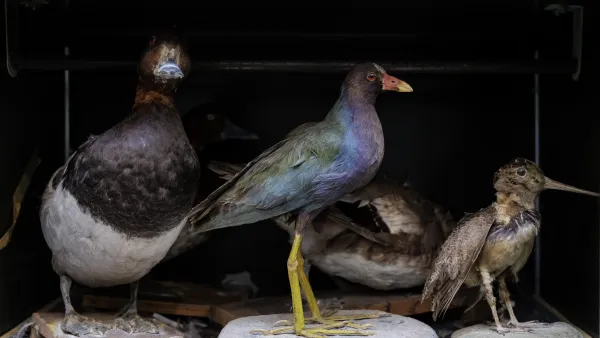Erica is a Class of 2020 Kling Fellow, 2019-20 Kling Program Assistant, and 2020 Editor of Slideshow.
This edition of Slideshow comes amidst extraordinary times. An infectious virus has plagued the world resulting in the untimely deaths of hundreds of thousands of people. Social distancing measures in the United States have been enforced to slow the spread of disease transmission, many of which have led to the highest unemployment rates in the nation’s history. At Washington University, students were forced to evacuate their housing, return to their hometowns, and continue the latter half of their spring semester virtually. Though it is spring, a season of new life and fresh beginnings, there is an unwavering melancholy that spans the globe as people from all walks of life mourn devastating losses.
A staple of my cohort’s two-year tenure in the fellowship has been our candid discussions on the neoliberal university. I fondly remember our Tuesday seminars where we spent hours discussing the role that higher education has in a current sociopolitical moment. We even brainstormed original ways of restructuring the classroom to meet the shortcomings that we saw in the modern-day, corporate university. However, these conversations were not easy. Many times, we struggled to understand our place as students and scholars who simultaneously benefit from and are deeply invested in dismantling the privatized institution. In a contemporary moment, these discussions remain ever relevant. As Washington University furloughs hundreds of employees and provides little to no support for its most vulnerable students, these critical conversations where we dissected the structural inequities of an elite institution loom heavy on our minds.
Our projects were crafted over the course of two years, in a time that will likely become colloquially referred to as “pre-coronavirus.” In fact, the final versions of our articles were due merely days before our unceremonious evacuation from the university. Despite this, our projects tackle fundamental issues at the heart of all conversations being had on the virus — community, translation, and identity. Fiona examines the environmental injustices of an industrialized small town in western Illinois where capitalist ventures have led to economic, environmental, and health impacts on the population. Jane analyzes a patriotic genre of Chinese cinema that promotes national unity in an era of increased commercialization and globalization. Lopaka documents the carceral politics of exile life in Gaum for Filipino prisoners during the Philippine-American War. Christian investigates the Wu Tang Clan musical canon for the religious doctrine of the Five Percent Nation. Monica investigates emergent women’s movements in Bolivia, privileging the native language of activists on the ground in applied and theoretical ways. Tanvi analyzes a Desi diasporic politician who utilizes transnational identities to amass political capital in domestic and global affairs. And, finally, I examine how notions of Black sisterhood and Black womanhood are cultivated and maintained through embodied movements in a prominent historically Black Greek-lettered sorority. Taken together, these articles give their readers an opportunity to consider how their community is constructed, the role of translation for an increasing global audience, and the relationship between individual and collective identity.
Personally, I have benefited tremendously from the candidness, conversation, and community of my cohort. Over the course of two years, we pushed one another to think differently and more expansively about our work, resulting in a collection of incredible articles that we share with you now. We are thankful to the Kling Fellowship for all the wonderful moments that shaped us into the confident, talented, and resilient scholars we are today. As we prepare to entire graduate programs and the workforce, we will use what we have learned in the fellowship — notably, the importance of critical thinking and interdisciplinary perspectives — to tackle the world’s emergent and systemic issues.



